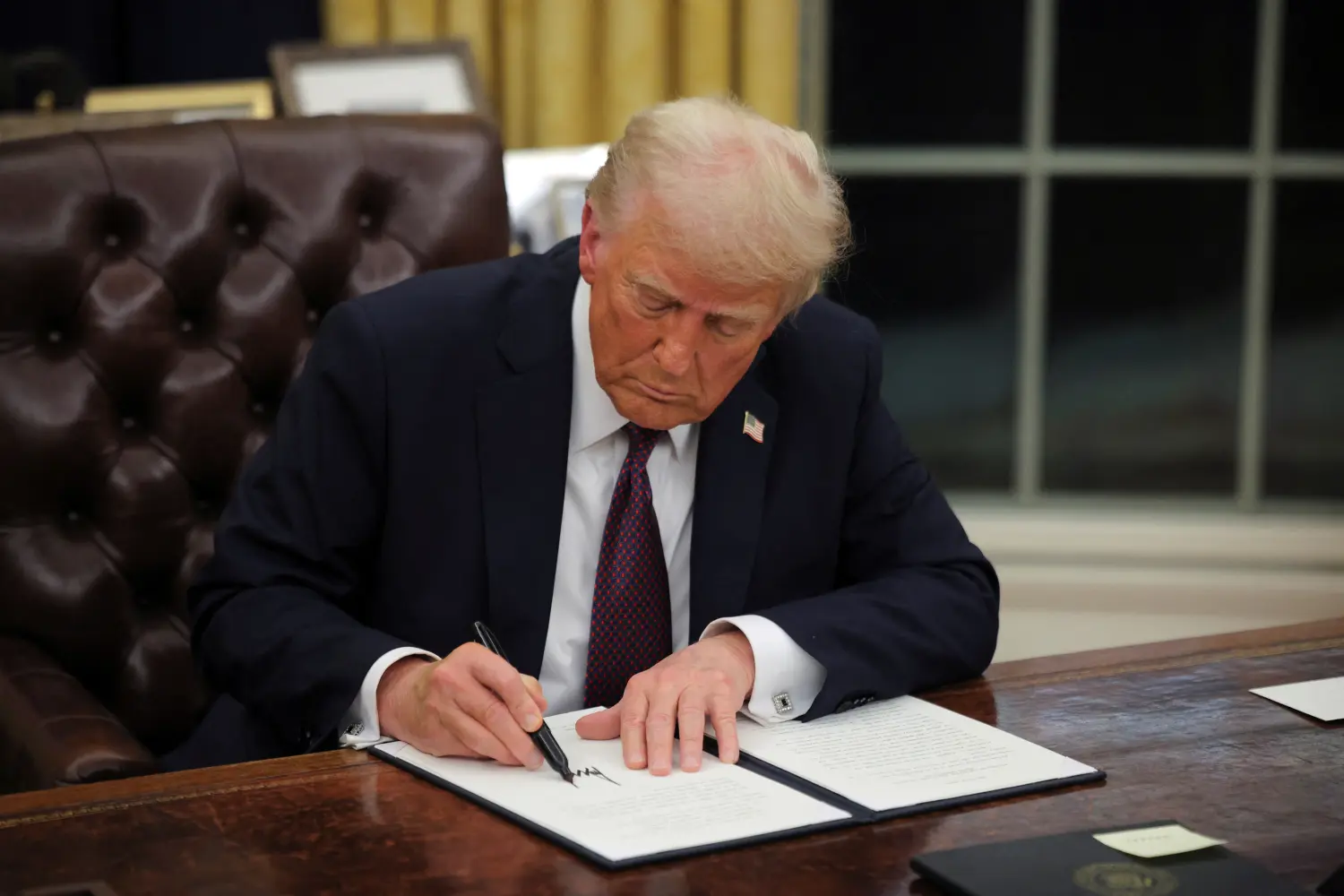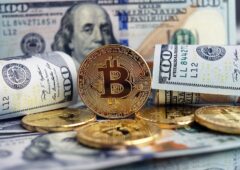Trump Imposes 50% Tariff on Brazil: Political Tensions and Censorship at the Center
10.07.2025 7:00 2 min. read Kosta Gushterov
President Donald Trump announced a sweeping 50% tariff on Brazilian imports, citing political persecution of former President Jair Bolsonaro and rising concerns over digital censorship.
The move marks a significant escalation in U.S.–Brazil tensions, with Trump calling Brazil’s handling of Bolsonaro’s legal troubles “an international disgrace.”
Bolsonaro’s trial and freedom of speech concerns
In a sharply worded letter posted to his Truth Social platform, Trump criticized Brazilian President Luiz Inácio Lula da Silva for what he described as a politically motivated trial targeting Bolsonaro. Referring to the former leader as a friend and political ally, Trump asserted that the case against Bolsonaro—who faces charges for allegedly attempting to overturn his 2022 election defeat—should not be proceeding.
Trump’s letter also condemned Brazil’s recent moves to regulate online platforms. He cited a ruling by Brazil’s Supreme Court that holds social media companies liable for user content, and pointed to the temporary ban of Elon Musk’s X platform last year as evidence of an “insidious attack” on free speech. The former U.S. president framed the issue as not just domestic censorship, but a violation of the rights of Americans online.
Trade imbalance claims spark economic retaliation
In addition to political concerns, Trump’s letter accused Brazil of maintaining protectionist trade policies and unfair barriers that have hurt American exporters. Despite U.S. trade data showing a $7 billion surplus with Brazil in 2024, Trump insisted the relationship lacked reciprocity and was “far from a level playing field.”
He warned that the newly imposed 50% tariff could be raised even higher if Brazil chooses to retaliate. As with previous tariff announcements aimed at other countries, the White House framed the decision as a defense of American industry and democratic principles.
The sharp tariff increase on Brazil adds to a growing list of international economic actions by Trump’s administration ahead of the August 1 global trade deadline.
-
1
Top 7 Crypto Project Updates This Week
19.07.2025 18:15 3 min. read -
2
BlackRock Moves to Add Staking to iShares Ethereum ETF Following SEC Greenlight
18.07.2025 9:00 1 min. read -
3
EU Risks Falling Behind in Digital Finance, Warns Former ECB Board Member
06.07.2025 13:00 2 min. read -
4
Czech National Bank Enters Crypto Sector with $18M Coinbase Investment
14.07.2025 9:00 1 min. read -
5
Pump.fun Raises $600M in Record-Breaking PUMP Token Sale
13.07.2025 9:30 2 min. read
Visa Settles $200M in Stablecoin Transactions, Eyes Long-term Potential
Visa reported over $200 million in stablecoin settlements during Q2 2025, a milestone in its growing commitment to digital asset infrastructure.
Bank of Korea Launches New Division to Oversee Crypto and Stablecoin Developments
The Bank of Korea (BOK) has taken a significant step toward deepening its involvement in the digital asset ecosystem by establishing a dedicated virtual asset division, according to a report from local media outlet News1.
JPMorgan: Coinbase Could Gain $60B From USDC-Circle Ecosystem
A new report from JPMorgan is shedding light on the staggering upside potential of Coinbase’s partnership with Circle and its deep exposure to the USDC stablecoin.
5 Major US Events and How They Can Shape Crypto Market in The Next Days
The week ahead is shaping up to be one of the most pivotal for global markets in months. With five major U.S. economic events scheduled between July 30 and August 1, volatility is almost guaranteed—and the crypto market is bracing for impact.
-
1
Top 7 Crypto Project Updates This Week
19.07.2025 18:15 3 min. read -
2
BlackRock Moves to Add Staking to iShares Ethereum ETF Following SEC Greenlight
18.07.2025 9:00 1 min. read -
3
EU Risks Falling Behind in Digital Finance, Warns Former ECB Board Member
06.07.2025 13:00 2 min. read -
4
Czech National Bank Enters Crypto Sector with $18M Coinbase Investment
14.07.2025 9:00 1 min. read -
5
Pump.fun Raises $600M in Record-Breaking PUMP Token Sale
13.07.2025 9:30 2 min. read


